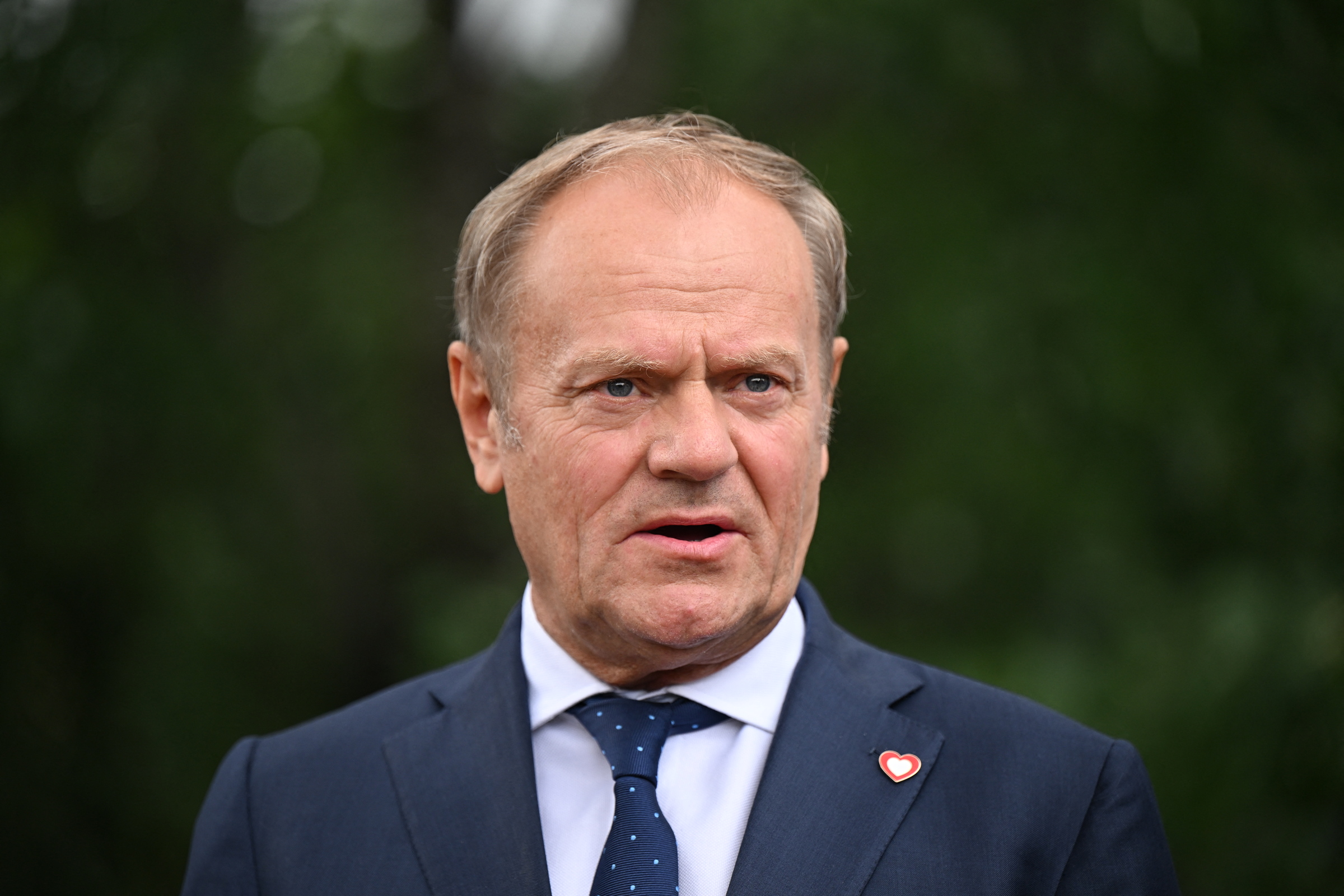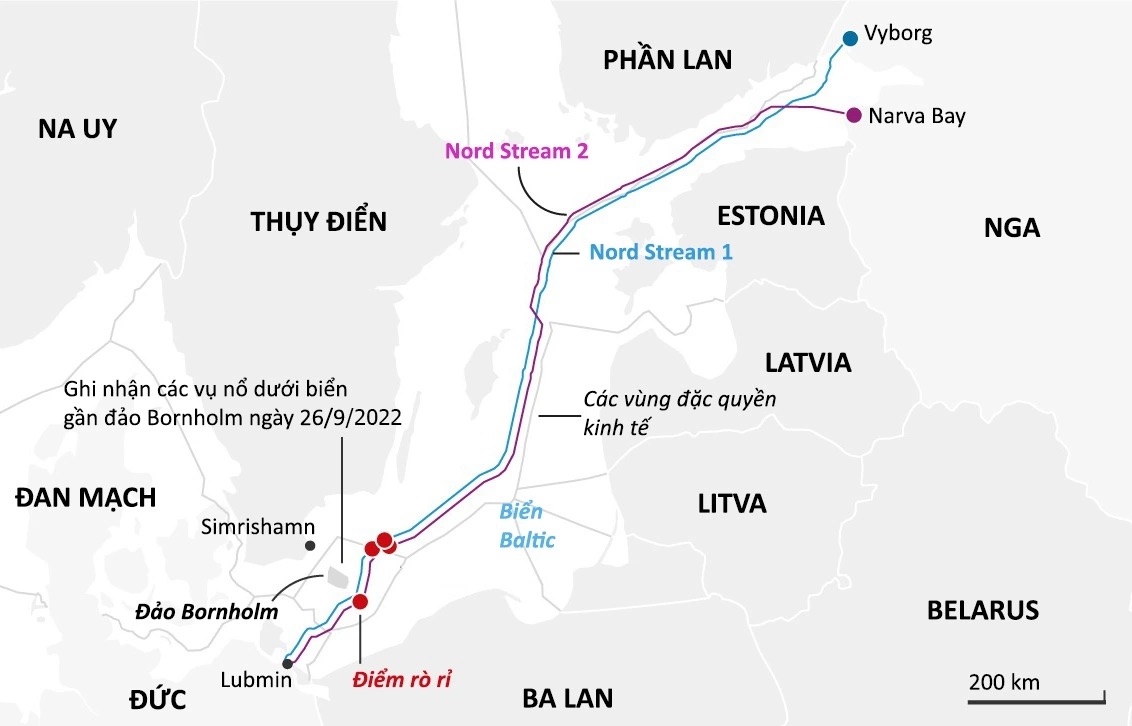Polish Prime Minister Donald Tusk declared on 7/10 that extraditing Volodymyr Z., a suspect in the Nord Stream pipeline bombings, to Germany is "not in Poland's interest, nor consistent with common sense and justice." Z was arrested by Polish police on 30/9 near Warsaw. A Polish court on 6/10 extended his detention by 40 days to further consider the extradition request.
Tusk criticized Germany's previous government for partnering with Russia to construct the Nord Stream gas pipelines, which he stated led to Europe's dependence on Russian energy. Poland and other nations had opposed the project at the time. He emphasized that the pipelines' construction, rather than the explosions themselves, created the problem. "Russia used money from European countries, German and Dutch companies, to build Nord Stream 2, which went against the core interests of all of Europe," Tusk stated.
 |
Polish Prime Minister Donald Tusk in Tirana, Albania on 16/5. Photo: AFP |
Polish Prime Minister Donald Tusk in Tirana, Albania on 16/5. Photo: AFP
Z, identified as a Ukrainian citizen and professional diver, is one of seven suspects sought by German police in connection with the 9/2022 bombings of Nord Stream 1 and Nord Stream 2. German investigators allege that Z directly placed explosives on the Baltic seabed and that the group of perpetrators has ties to Ukrainian intelligence and military forces. German prosecutors have charged Z with two offenses: conspiring to carry out an explosive attack and "sabotage against institutions." Z's lawyer maintains that his client "did nothing wrong" and has no intention of pleading guilty.
Despite his opposition to Z's extradition, Prime Minister Tusk affirmed that he would respect the court's final decision. Concurrently, Slawomir Cenckiewicz, director of the Polish National Security Bureau (BBN), suggested that Warsaw "should not participate in any extradition efforts for someone who harmed Russia's military capabilities." Cenckiewicz stated on 7/10, "We need to find a solution that ensures we act lawfully while not handing them over to Germany."
 |
Locations of the Nord Stream 1 and Nord Stream 2 pipeline explosions in 9/2022. Graphic: Guardian |
Locations of the Nord Stream 1 and Nord Stream 2 pipeline explosions in 9/2022. Graphic: Guardian
Nord Stream 1 began operations in 2011, and Nord Stream 2 was completed in late 2021 but never became operational. Their construction fueled significant debate across Europe and the US regarding energy security. The pipelines were bombed in 9/2022, exacerbating Europe's energy crisis. To date, no nation or organization has claimed responsibility for the incident. Russia has accused the US, UK, and Ukraine of being behind the sabotage, though all three countries have denied involvement. Sweden and Denmark concluded their investigations in February 2024 without identifying any suspects.
Thanh Danh (According to TVP, Reuters, DW)












